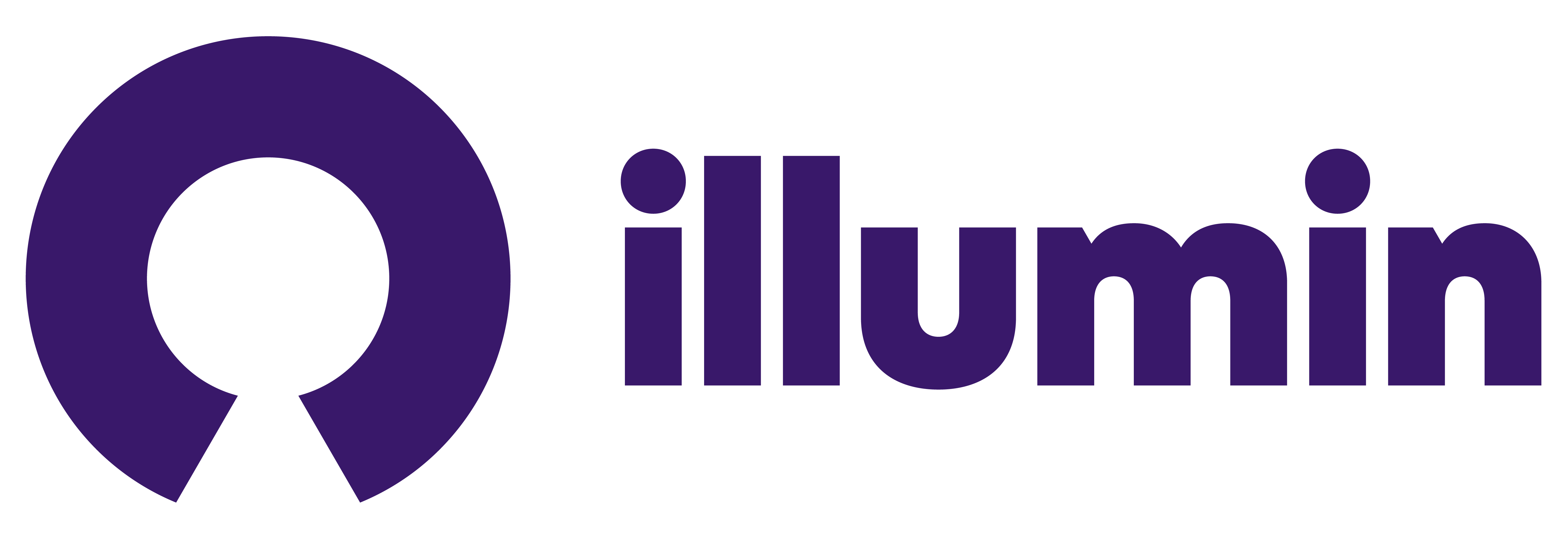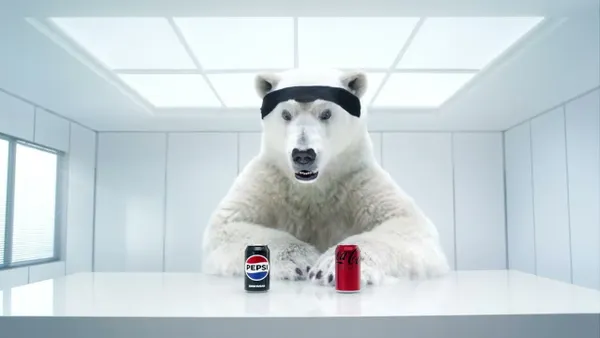Dive Brief:
- T-Mobile acquired Octopus Interactive, a company that operates interactive video screens in ride-share vehicles like Uber and Lyft, according to an announcement. Financial terms of the transaction were not disclosed.
- The deal supports T-Mobile's Marketing Solutions unit, while drivers using Octopus Interactive's technology will receive network support from the carrier. Octopus Interactive, which works with clients like Audible, Fox Entertainment and Philo, provides geotargeting capabilities that help brands craft more relevant messages to riders.
- The startup reaches 5 million unique monthly riders, nearly 80% of whom land in the 18-to-49 age demographic. With the move, T-Mobile is expanding its advertising purview further beyond the mobile space as it looks to convert its data capabilities into a larger revenue driver.
Dive Insight:
T-Mobile is moving to round out its advertising and analytics group with the Octopus Interactive acquisition. Marketing Solutions has, to date, leaned on the carrier's strengths in mobile first-party data, an asset that's grown more valuable as brands wrestle with the deprecation of mainstay identifiers like Apple's IDFA. Now, T-Mobile is receiving access to an extensive network of vehicle screens that will mostly be viewed by the types of ride-sharing audiences marketers are eager to connect with.
Beyond being predominantly young, those consumers wield an average household income of more than $130,000, per the announcement. Nearly half (45%) live in urban areas, while 72% are cord-cutters, a data point that may appeal to clients who have struggled to reach Gen Z and millennials through traditional media campaigns.
Octopus Interactive supplies geotargeting technology to tailor relevant messages to riders and tries to make those ads more engaging through features like interactive games, prizes, premium video and infotainment. The news marks one of the first major bits of advertising dealmaking from T-Mobile since it appointed ad-tech veteran Mike Peralta to lead Marketing Solutions last summer as vice president and general manager.
"With this move, we're expanding our toolkit for marketers, meeting the needs of advertisers and empowering brands to better connect with consumers, beyond linear and traditional digital channels," Peralta said in a press statement.
T-Mobile pushing into the ride-share ad space offers a signal that the category has seen a second wind after facing a blow in the pandemic's early days, when travel and commutes plummeted. Uber, in an example cited by T-Mobile, saw bookings up 114% year-on-year in the second quarter of 2021, a figure that reflects how ridership bottomed out in early 2020.
Similarly, the digital out-of-home (OOH) market, which Octopus Interactive's platform falls under, has rebounded after consumers' outdoor activity dwindled in early lockdowns. The video-sharing app TikTok last week teamed with Atmosphere, a startup that provides commercial businesses with streaming video content through OOH TV screens.
T-Mobile betting bigger on ads also comes as rivals spin in the opposite direction. AT&T in December sold its ill-fated Xandr programmatic advertising unit to Microsoft.














